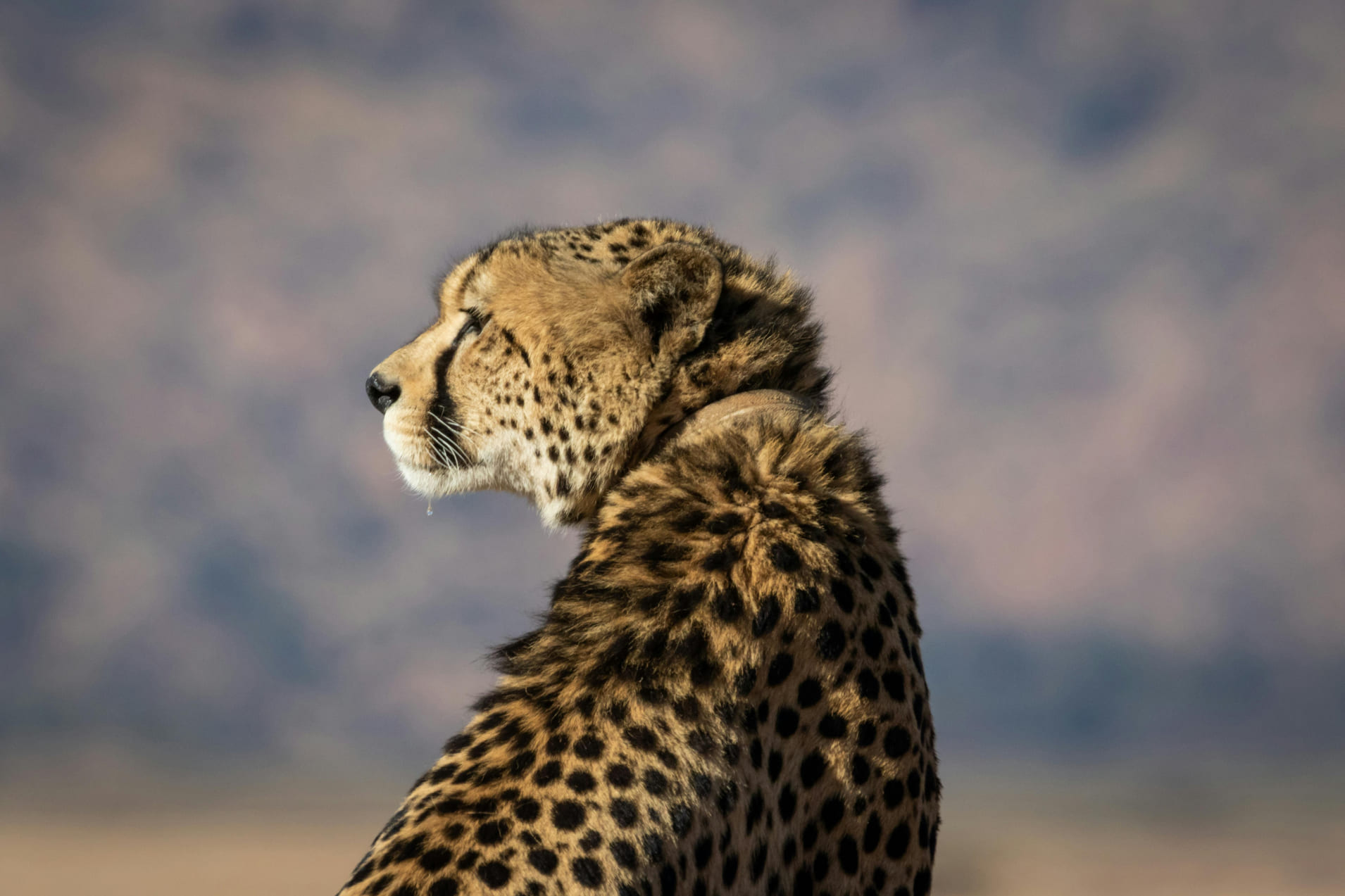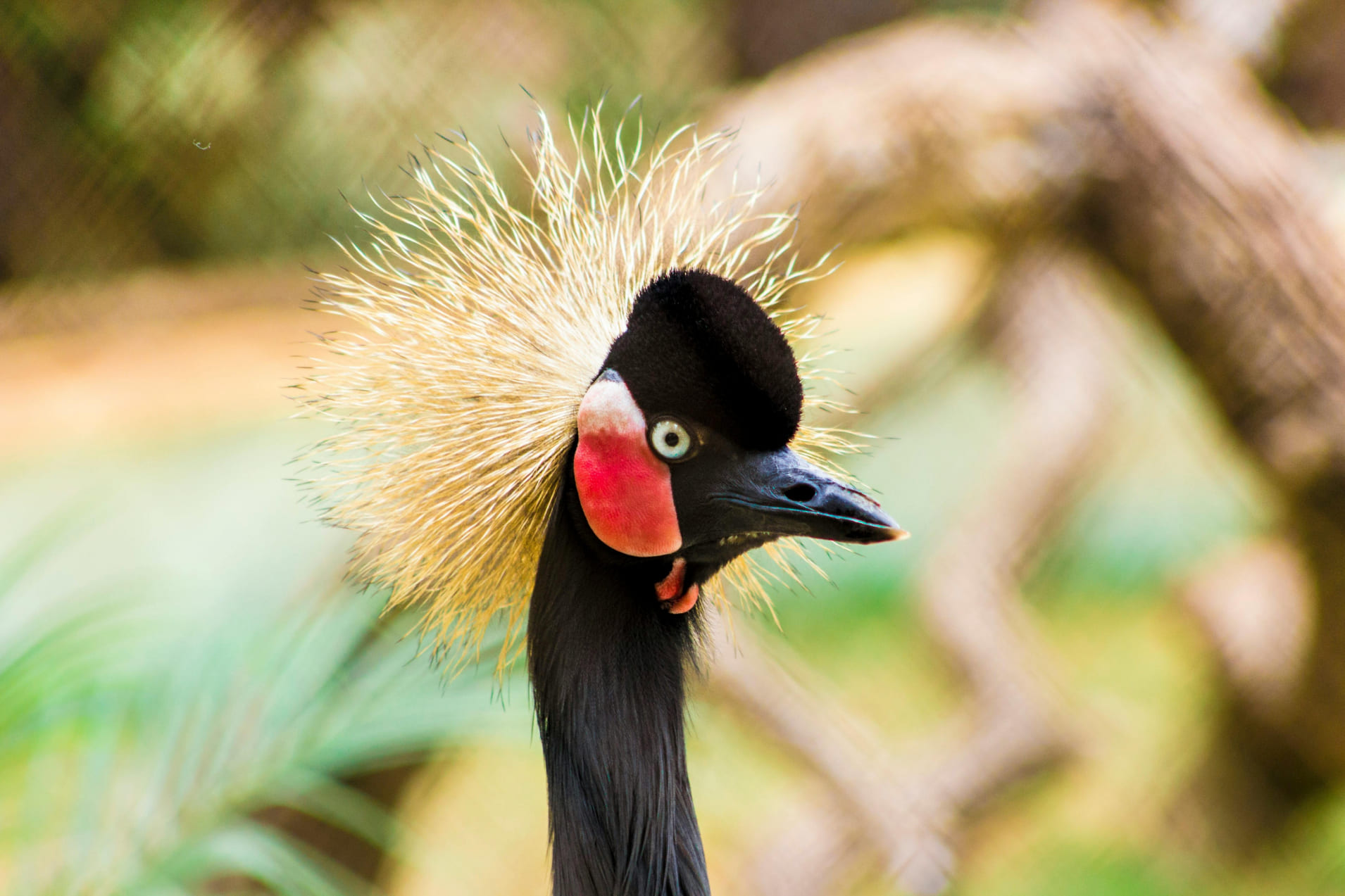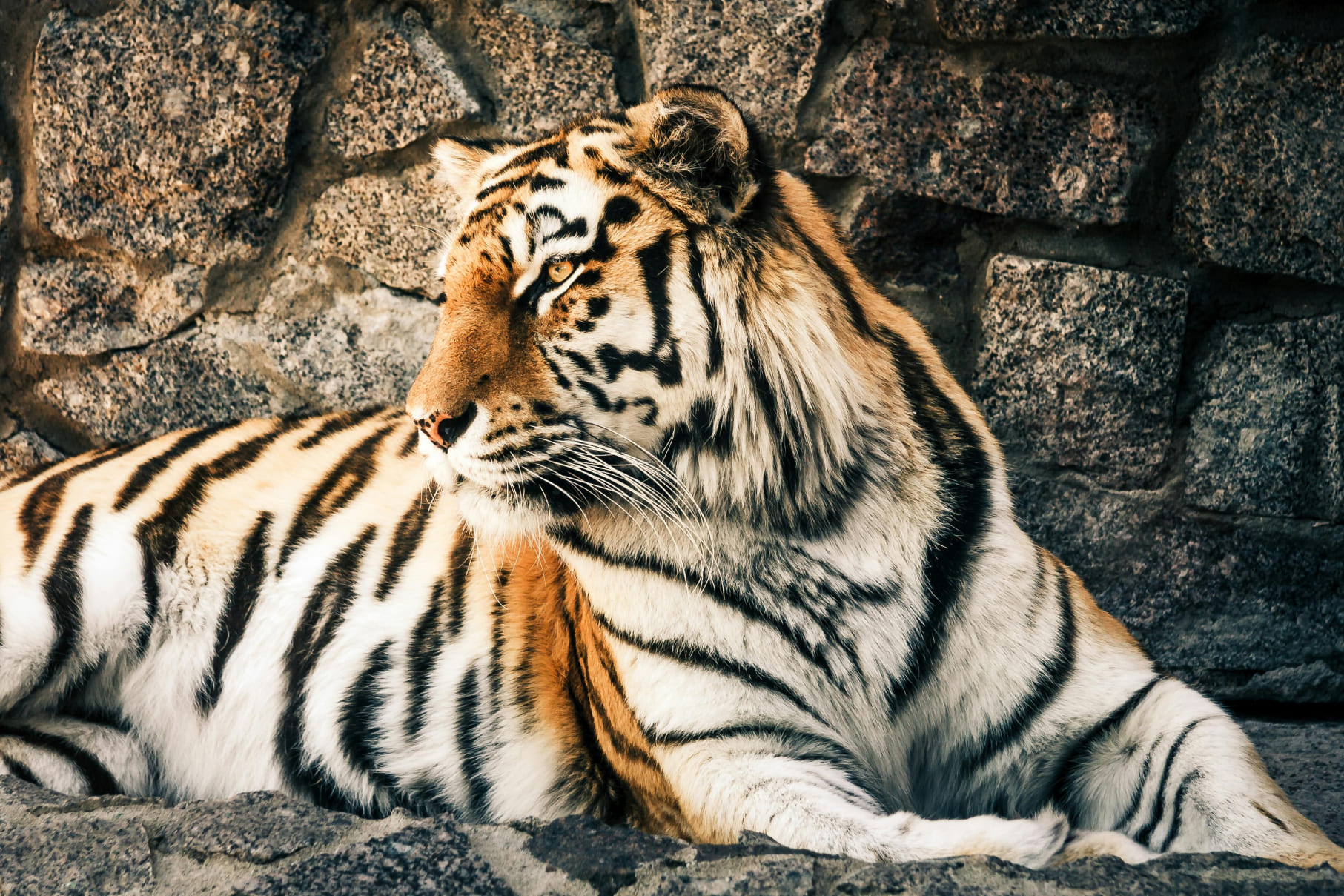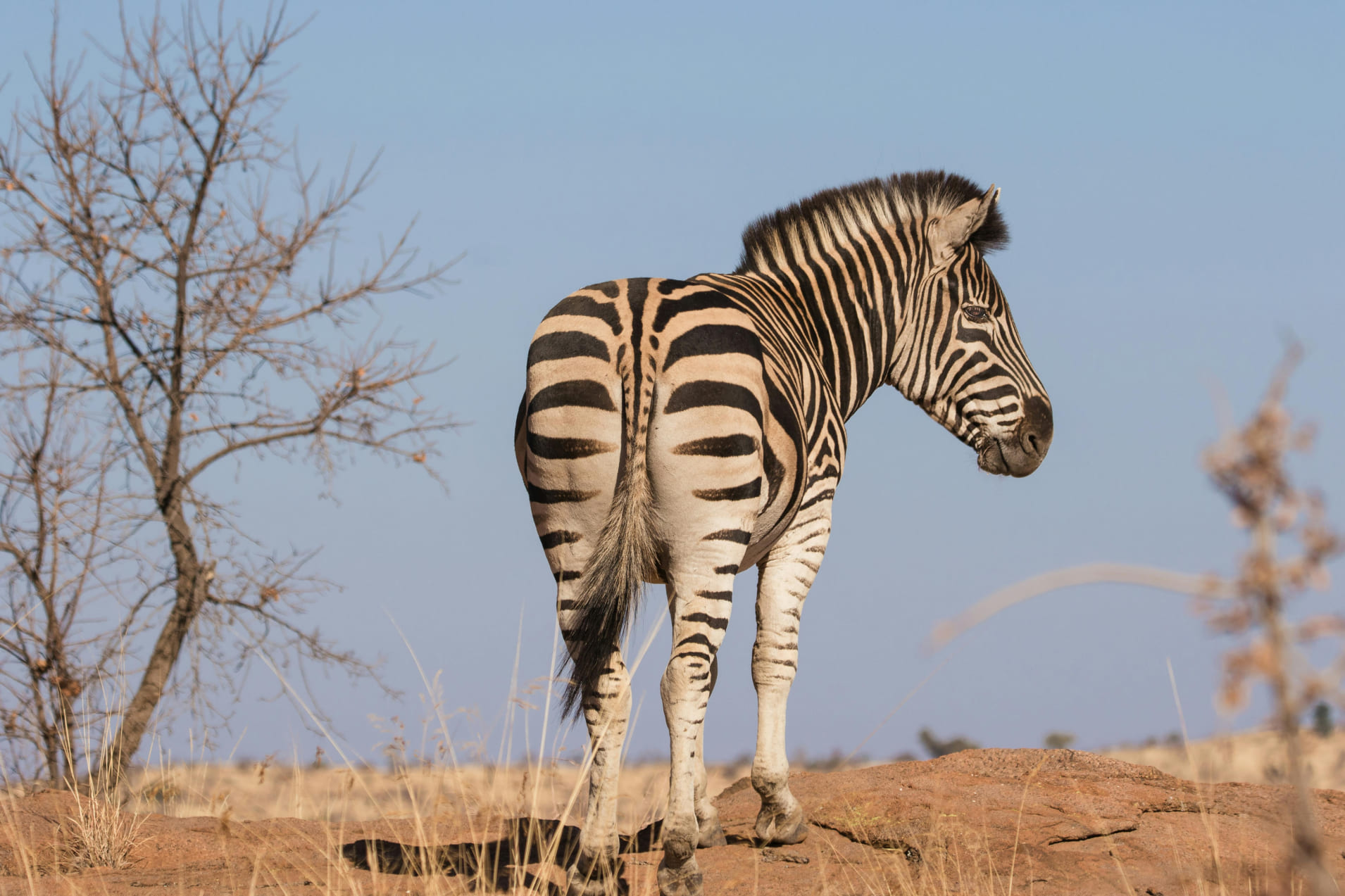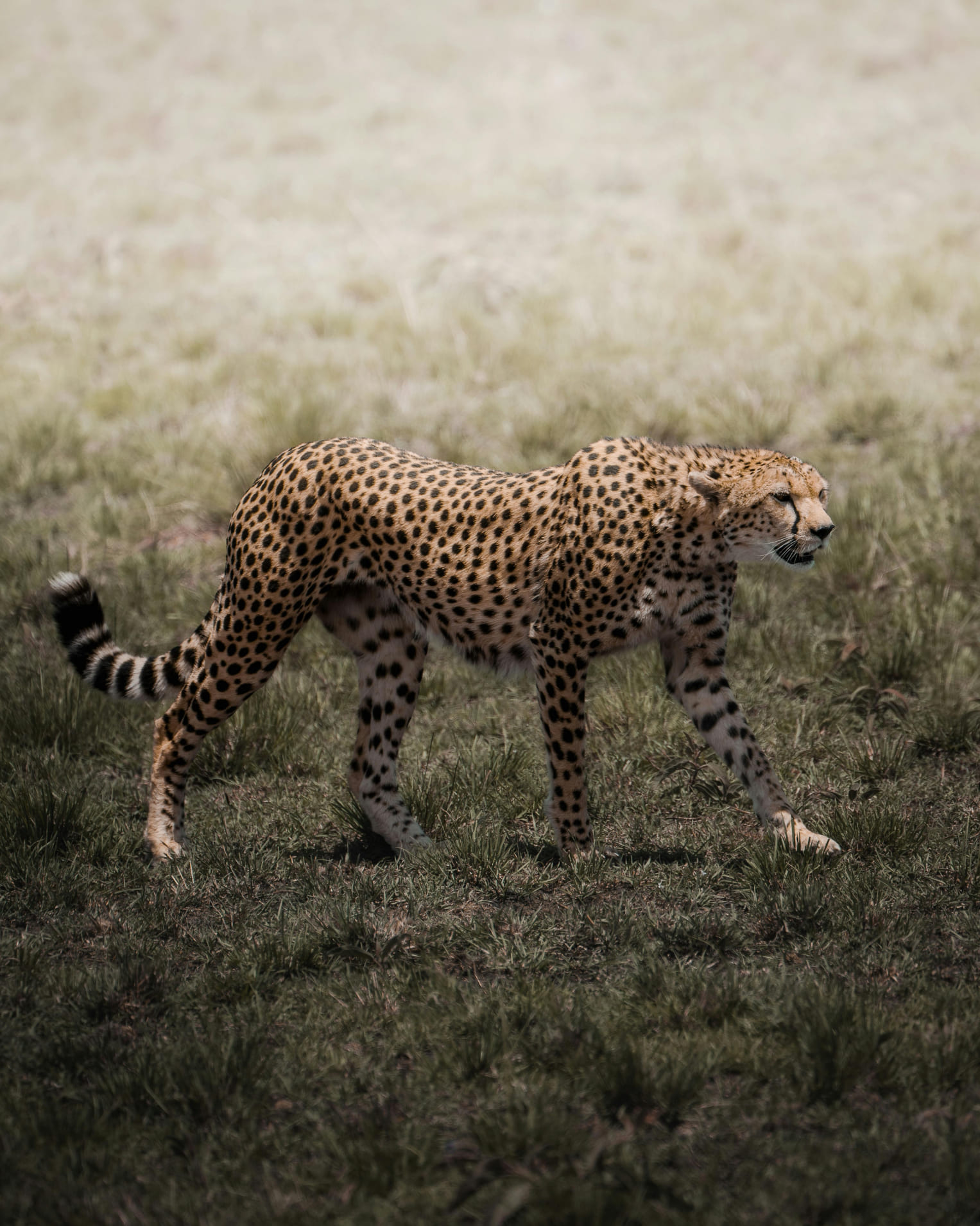Know About us
Zoos study how animals adapt to climate changes, gaining knowledge that supports conservation strategies. These insights are essential for protecting species that face environmental changes in their natural habitats.
Some zoos serve as rescue centers, providing safe havens for animals saved from illegal wildlife trade or harmful conditions. These zoos help rehabilitate animals and educate the public on the dangers of wildlife trafficking.
Go to ALL SERVICES
